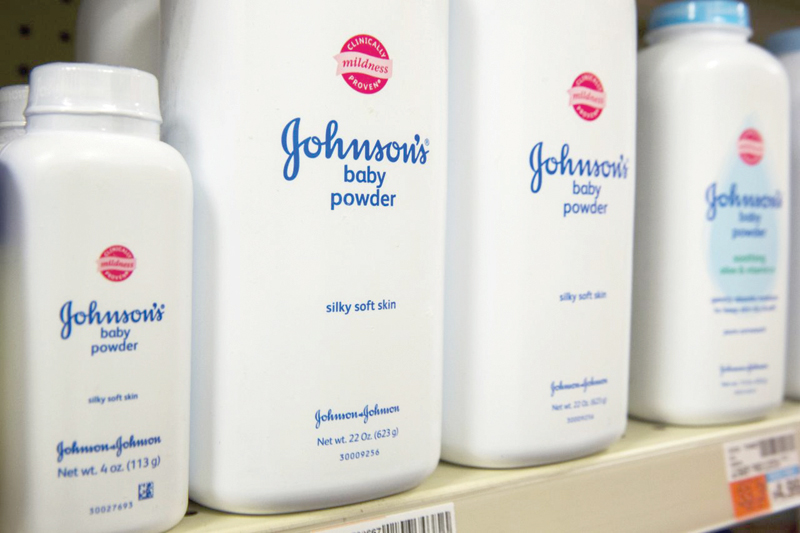

NEW YORK: Johnson & Johnson scrambled to contain fallout from a report that the healthcare conglomerate knew for decades that cancer-causing asbestos lurked in its Baby Powder, taking out full-page newspaper ads defending its product and practices, and readying its chief executive for his first television interview since investors erased tens of billions of dollars from the company’s market value.
J&J shares fell nearly 3 per cent Monday, closing at $129.14 in New York Stock Exchange trading. That drop was on top of the 10 per cent plunge that wiped out about $40 billion of the company’s market capitalisation following the report on Friday. J&J also announced that it would be repurchasing up to $5 billion of its common stock.
Senator Edward Markey, a Massachusetts Democrat on the Environment and Public Works Committee, on Friday sent a letter to the head of the US Food and Drug Administration calling on the agency to investigate the findings in the report to determine whether J&J misled regulators and whether its Baby Powder products threaten public health and safety.
J&J Chief Executive Alex Gorsky, defended the company during an appearance on CNBC’s “Mad Money” with host Jim Cramer on Monday night.
J&J knew for decades about the presence of small amounts of asbestos in its products dating back to as early as 1971, an examination of company memos, internal reports and other confidential documents showed.
In response to the report, J&J said on Friday that “any suggestion that Johnson & Johnson knew or hid information about the safety of talc is false.”
A Monday full-page ad from J&J — headlined “Science. Not sensationalism.” — ran in newspapers including The New York Times and The Wall Street Journal.
The ad asserted that J&J has scientific evidence its talc is safe and beneficial to use. “If we had any reasons to believe our talc was unsafe, it would be off our shelves,” the ad said. — Reuters
Oman Observer is now on the WhatsApp channel. Click here



